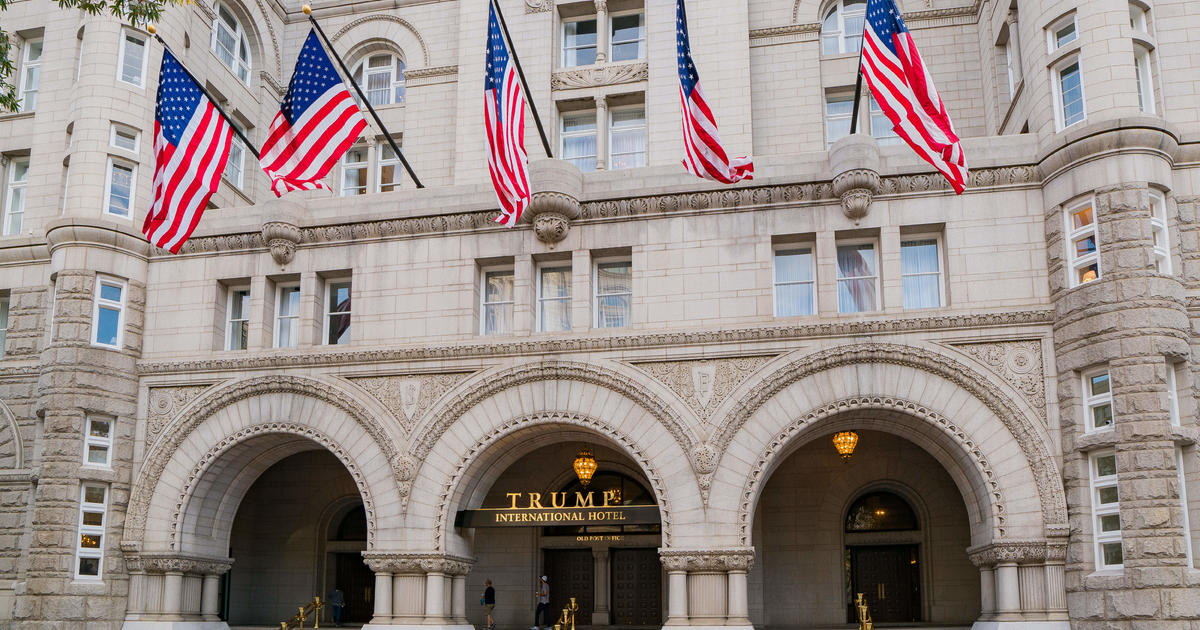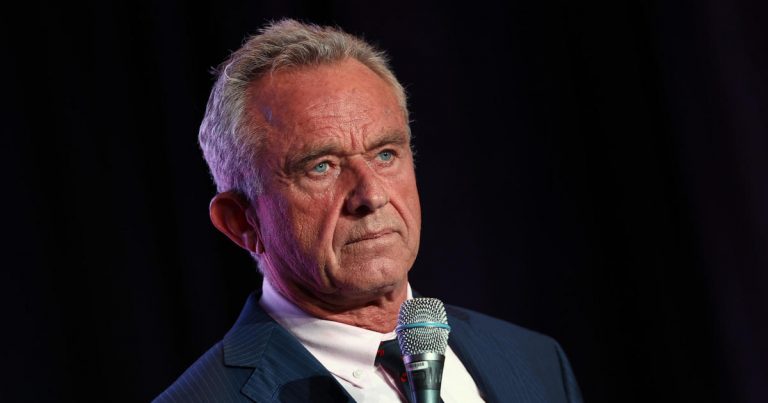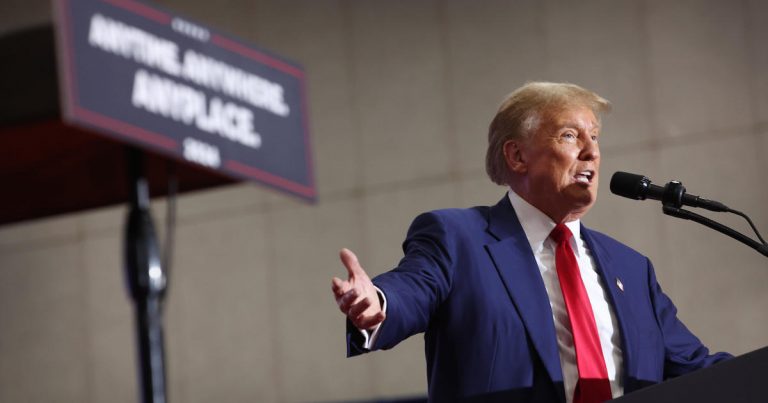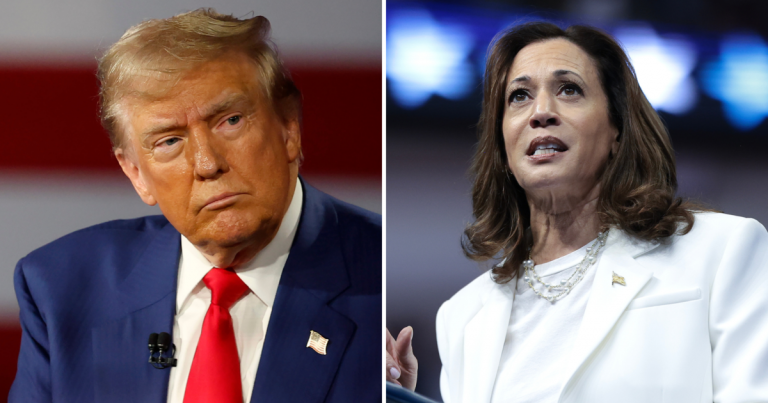House Democrats say Trump charged Secret Service too much for hotel stays
Welcome to the Boston Post News network, where we bring you the latest updates on important and impactful events shaping our nation. Today’s headline highlights a report released by Democrats on the House Oversight Committee that sheds light on allegations against former President Donald Trump regarding overcharging the U.S. Secret Service during his presidency.
The committee Democrats reveal that newly obtained records indicate Trump charged the Secret Service “exorbitant rates” for rooms at his former hotel in Washington, D.C., raising concerns about potential financial exploitation. The report, spanning 58 pages, accuses Trump of treating the hotel as the “ultimate government ATM withdrawal opportunity” when accommodating the protective detail for the Trump family members.
Obtained hotel billing records from the Trump D.C. hotel, now the Waldorf-Astoria, provide key insights into the alleged overcharging practices. These records, covering a 12-month period from September 2017 to August 2018, highlight discrepancies between the rates paid by the Secret Service and those paid by other customers for similar rooms on comparable nights.
On specific dates like November 28, 2017, the report points out instances where the Secret Service was billed at $600 per room, while the hotel accommodated other guests at significantly lower rates. For instance, the Inner Mongolia Yitai Coal Co., Ltd., headquartered in China, secured rooms for $338.85 each on the same night, emphasizing the stark contrast in pricing.
Another glaring example cited in the report involves room reservations made by the Secret Service on February 22, 2018, which were reportedly over four times higher than the government per diem rate. The report characterizes these price disparities as an “astounding markup of more than 450%,” underscoring concerns about unfair financial practices.
Congressional Democrats argue that Trump’s actions represent a violation of the Constitution’s Domestic Emoluments Clause, which prohibits the president from receiving payments from the federal government beyond the designated salary. By charging excessive fees to the Secret Service for essential services and accommodations, Trump is accused of exploiting his position for personal financial gain.
These revelations serve as a stark reminder of the importance of transparency and accountability in government spending, especially when it involves taxpayer funds. The committee’s findings raise significant ethical and legal questions, urging further scrutiny into the financial dealings of public officials.
As we navigate through these complex narratives, it becomes increasingly crucial to uphold integrity and fairness in all aspects of governance. Stay tuned for more updates on this developing story and other pressing issues shaping our political landscape.








